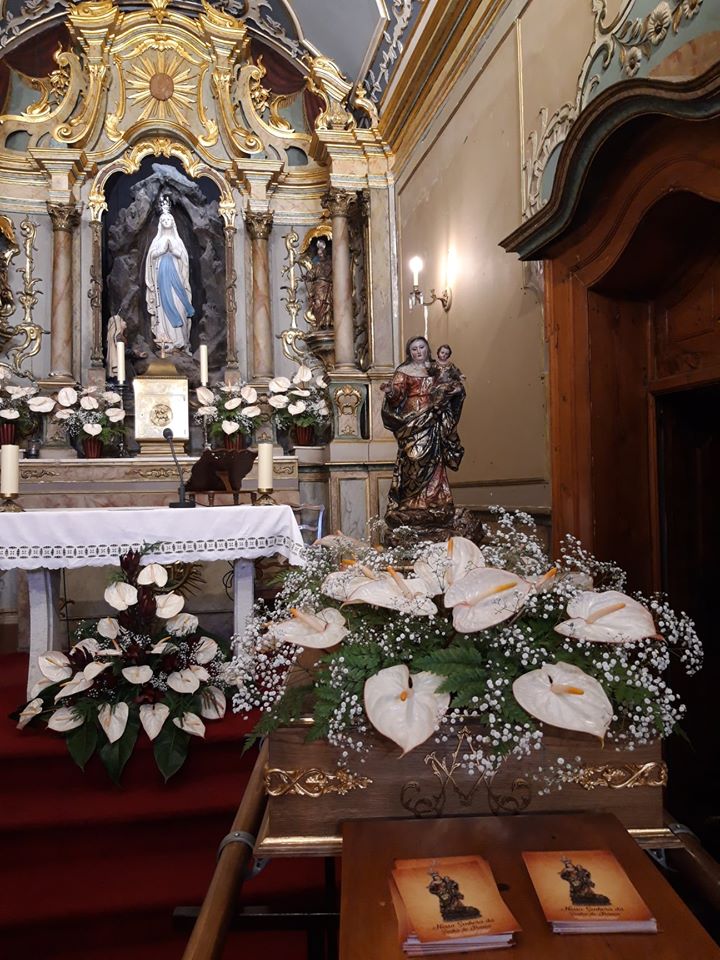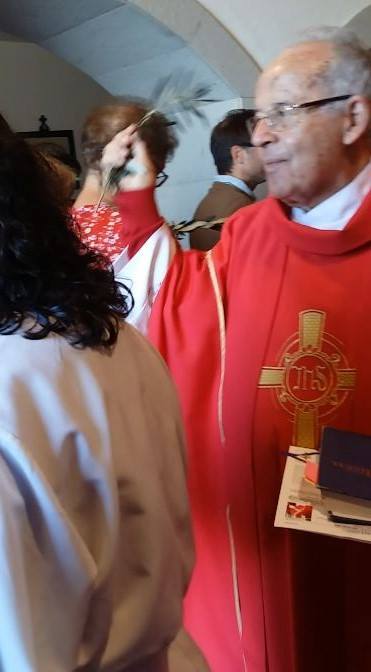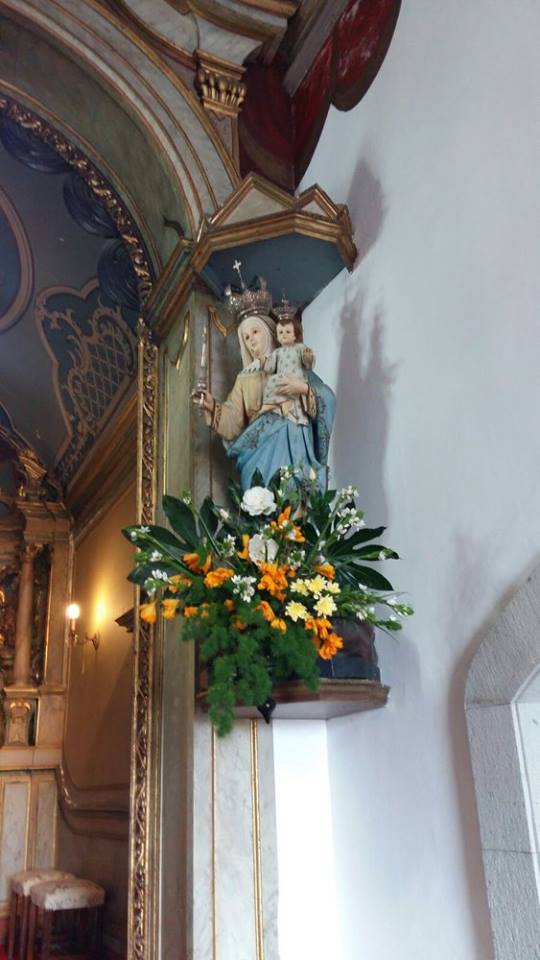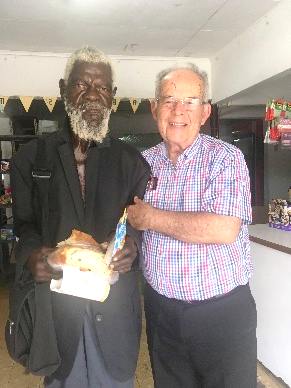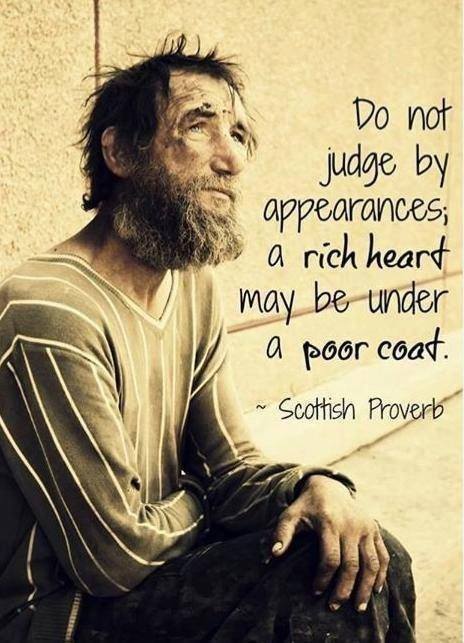FROM MY HEART TO YOUR HEART – A Can of Cold Water Instead of the Bible
by Fr. Bernardino Andrade
(bernardinodandrade@gmail.com)
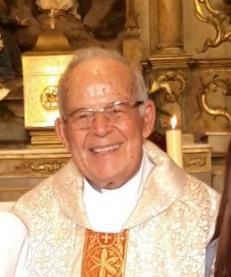
A soldier, during World War II, was hit by a bullet and was agonizing in a trench. A very dedicated priest, the army chaplain, taking all the risks, went towards his direction and found him. He was really in pain and could hardly move. The priest, who was carrying the Bible, approached him and asked:
«Would you like me to read something from this book»?
The soldier looked at him and said:
«Father: what I most need now is some water to drink. I am so thirsty and my mouth is so dry. »
The priest left the Bible over a rock and went around looking for a container and some water. He was very happy to find water. The priest brought the water and helped him to drink it.
It was very apparent the relief that the soldier felt after drinking that water.
Then, after relaxing for a few moments, he addressed the priest again and asked him: «I need something under my head. Could you please help me»? Gently the priest took his own sweater, folded it under the soldier’s head, made a pillow and slowly tried to accommodate the soldier’s head over his sweater an make his as comfortable as possible.
Then the priest, knowing how important the touching of a hand is in moments of suffering, held his hand, and stayed beside him without mentioning the «book» anymore. Moments later the soldier said: «Father, I am so cold». Without any hesitation the chaplain took off his over-coat, covered him and gently tucked him like a mother does with her baby.
The soldier enjoyed the warmth of this overcoat, closed his eyes for a few moments while the priest kept holding his hand with hope that some help would arrive soon.
After a moment of silence the soldier looked the priest in his eyes and said: «Father, if that book teaches to do for others what you just did for me, please read from that book. I am very very interested in listening».
Today, second Sunday of Easter is the Sunday of Divine Mercy.
Love & Peace,
Fr. Bernardino Andrade




